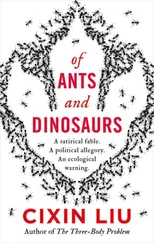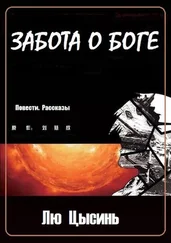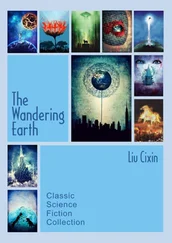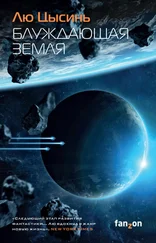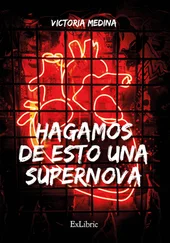Before he finished, his jaw was the recipient of a heavy fist, and like Green he went toppling head over heels over the banquet table. He brushed away the arms trying to help him up, but twisted like a fish back to his feet, in the process grabbing a bottle of French champagne as long as his arm and brandishing it in the direction from which the blow had come. But he stopped midswing, and the remaining champagne bubbled out of the bottle and into a foamy pool on the oak floor.
Standing opposite him was Ōnishi Fumio, the prime minister of Japan. The tall, thin Asian boy wore a calm expression, and if you didn’t look at his eyes it was hard to believe that he was the one who threw the punch. Davey relaxed his grip and let the empty bottle fall away.
Two days earlier, Davey had seen a report shot by CNN showing the famous statue in Hiroshima of a girl who died as a result of the atomic bomb holding aloft a paper crane. Now there was a mountain of white objects, piled up like snow to half the statue’s height. At first glance Davey thought they were the same paper cranes children had always offered at the statue, but when the camera zoomed in for a closer look, he realized what they actually were: paper fighter jets. Groups of children in white hachimakis emblazoned with the sun flag came forward singing “Drawn Sword Corps” and throwing more folded fighter planes toward the statue. Those paper planes spiraled round the girl like white spirits, and piled higher and higher at her feet, bringing her ever closer to burial.
And then the Chinese guests arrived, weary from the journey. Huahua and the ambassador to the US, Du Bin, were accompanied by the American vice president, William Mitchell.
Davey met them at the foot of the stairs and greeted them with an enthusiastic embrace. Then he said to the rest of the children, “Good. Now that children from every country are here, we can begin discussing the important issues of the children’s world.”
When the Chinese plane finally reached the end of its arduous journey and arrived in the airspace over New York’s JKF Airport, all they could see below them was empty ocean. The tower informed the pilot that the water on the runway was shallow, not even midcalf, so they could safely land using two files of widely spaced black dots as runway markers. Through binoculars they determined that the dots were vehicles parked in the water on the runway. The landing itself produced clouds of spray, and when it dispersed, Huahua noticed that the airport was under heavy security. Armed soldiers were standing everywhere in the water. When the plane came to a complete stop, it was quickly surrounded by a dozen armored vehicles that had been following it like speedboats through the shallow water. A group of fully armed soldiers in field camouflage jumped out of the vehicles and began running around like weird insects, and they and the vehicles quickly formed a perimeter around the plane. The soldiers, guns in hand, faced away from the plane and looked around warily, as did the machine gunners atop the armored cars.
The hatch opened and several American children hurried up the stair that had been put in place. Most of them were carrying rifles, and one had a large bag. Huahua’s two armed guards flanked the aircraft door to prevent them from entering, but Huahua had them make way, since he had seen a Chinese kid at the front of the group, the ambassador Du Bin.
Once the children entered the cabin and had caught their breath, Du Bin introduced a blond-haired boy to Huahua: “This is vice president of the United States William Mitchell, here to welcome you.” Huahua took stock of the boy, the large gun he had strapped at his waist that looked extremely out of place next to his tailored suit. Du Bin then introduced another boy, wearing fatigues. “This is Major General Dowell, who’s in charge of security for UN attendees.”
“This is how we’re being welcomed?” Huahua asked Mitchell, which Du Bin translated.
“You can have the red carpet and an honor guard if you’d like. The day before yesterday the president of Finland was given a ceremony on a temporary stage, and had his leg shattered by a bullet,” Mitchell said, and Du Bin translated for Huahua.
Huahua said, “We’re not here to visit the United States, so we don’t need such formalities. But this is a little unusual.”
Mitchell sighed and shook his head. “Please forgive our situation. I’ll explain in detail on the way.”
Then from his bag Dowell pulled out jackets for the Chinese children to wear, bulletproof clothing, he said. Then from another bag he took out a few snub-nosed black pistols and handed them to Huahua and his entourage, saying, “Careful. They’re fully loaded.”
“Why do we need these?” asked Huahua in surprise.
Mitchell said, “In today’s America, if you go out unarmed it’s like going out without pants!”
They all deplaned and walked down the stairs, and, closely surrounded by a group of soldiers to shield them from any stray bullets, Mitchell led Huahua and Du Bin to an armored car parked in the water. The others got into separate cars. The cars were dark and cramped and smelled of fuel. The children sat on hard benches fixed to either side, and then the fully armed motorcade sped away.
“The ocean level’s rising quickly. Is Shanghai like this?” Mitchell asked Huahua.
“It is. Hongqiao Airport is flooded, but the adults rushed some dikes in place so the water hasn’t reached the city yet. It won’t last for much longer, though.”
“New York is still free of water, but it’s not really suited for a UN General Assembly.”
The motorcade headed toward the city and eventually reached dry roads. At times, overturned vehicles on the roadside were visible through the armored car’s small windows, their sides pockmarked with bullet holes, and some of them on fire. There were also large numbers of armed children, clearly not military, walking along the road in groups, or crossing nervously, clutching guns nearly as big as themselves, their bodies slung with ammo belts. When Huahua’s car passed one group, they suddenly threw themselves to the ground as practically simultaneously a rain of bullets from one side impacted on the car’s armor shell with a thunderous din.
“None of this looks normal,” Huahua said, after a glance out the window.
“It’s the times, man. Abnormal is normal,” Mitchell countered. “We ought to have received you in bulletproof cars, but yesterday a Lincoln was shot up by special armor-piercing bullets, and the Belgian ambassador was injured. So we’re taking these armored vehicles as extra insurance. Tanks would be even better, of course, but the city’s elevated roadways won’t hold up under their weight.”
* * *
It was dark when the motorcade reached the city. The buildings of New York’s skyline gleamed like a miniature Milky Way. Like every child, Huahua had been full of desire to visit one of the world’s biggest cities, and he looked eagerly out the window at the dazzling skyscrapers. But he soon noticed another light flickering in the buildings, the crimson of firelight, and pillars of smoke reaching to the sky. Sometimes a ball of fire rose in the air, and the shadows of the skyscrapers wavered in its magnesium glare. Closer to downtown, he heard the crackle of gunfire, the whine of stray bullets, and the odd explosion.
The motorcade came to a halt, and they received word that the road was barricaded up ahead. Ignoring warnings, Huahua got out to have a look, and saw sandbags piled up into a fortification that cut off the road. Behind the barricade, children were feeding belts into three heavy machine guns. Dowell was negotiating with them.
One of the children behind the sandbags waved a handgun and said, “The game won’t be over till midnight. Take a detour!”
Читать дальше
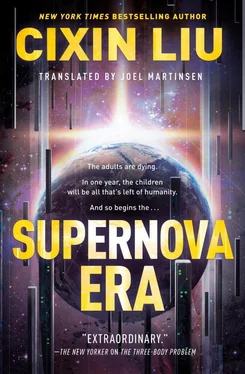
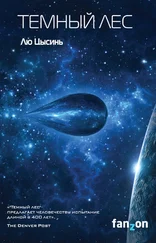
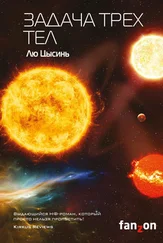
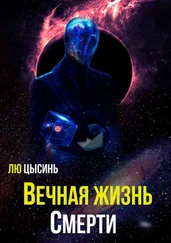
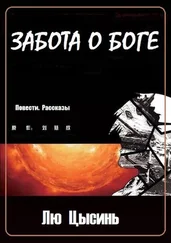
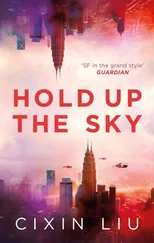
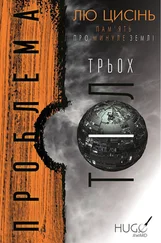
![Лю Цысинь - Эпоха сверхновой [litres]](/books/393110/lyu-cysin-epoha-sverhnovoj-litres-thumb.webp)
